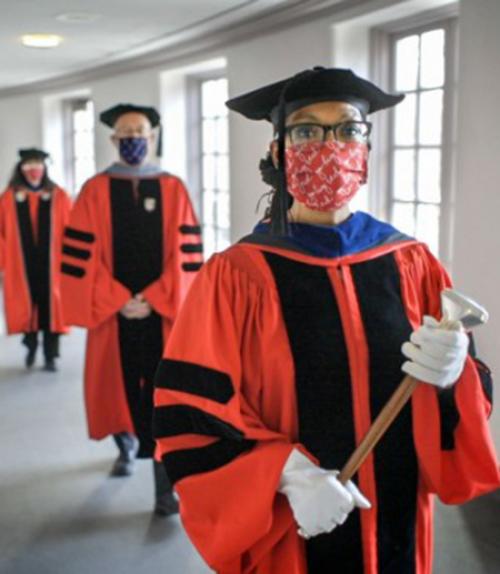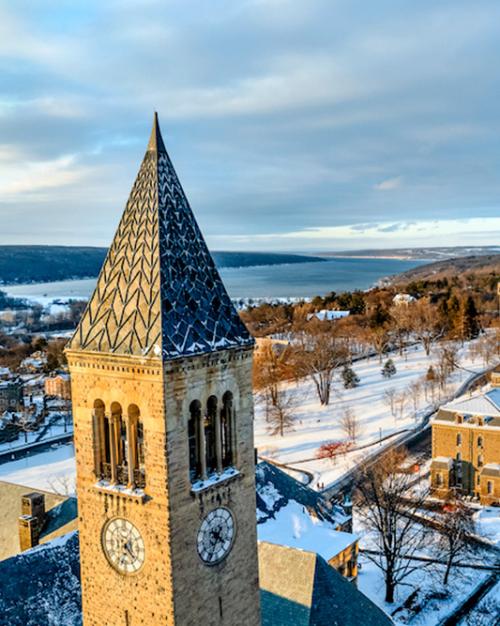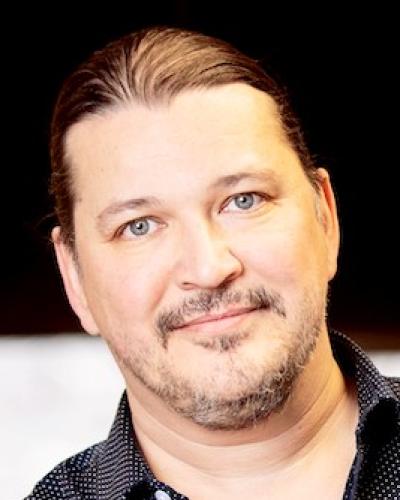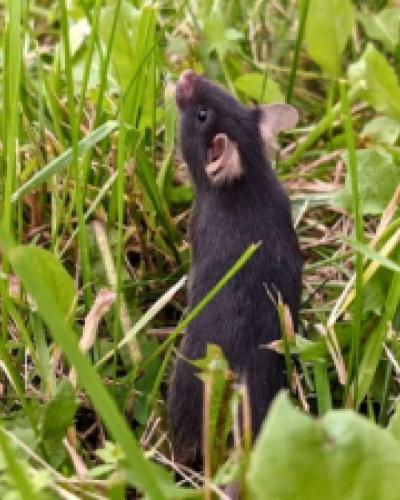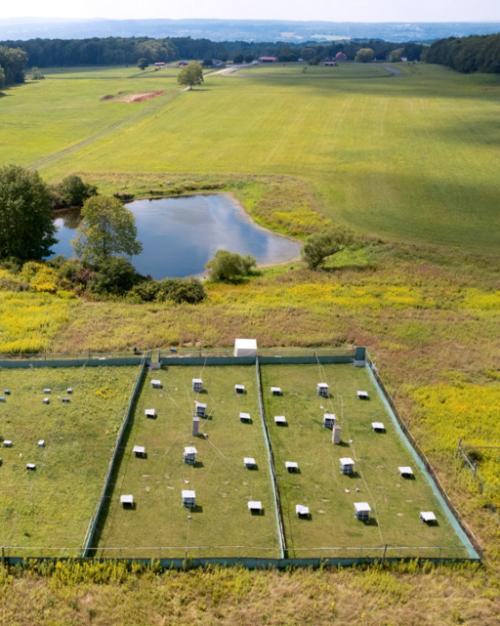 Department Homepage
Department Homepage
Celebrating December grads after ‘a semester like no other’
On Dec. 19, nearly 1,500 Cornell students celebrated their winter graduation in a virtual recognition ceremony viewed around the world – the first such event at Cornell, and a fitting end to what President Martha E. Pollack called “a semester like no other at Cornell.”
